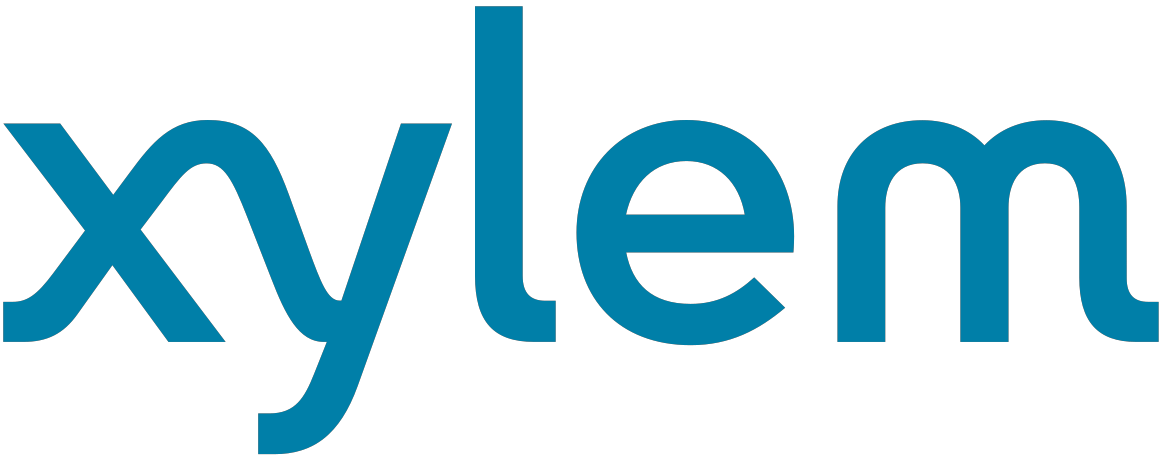AHOY
Newday Ocean Health ETF
AHOY: Newday Ocean Health ETF
Our oceans and coastlines are suffering some of the most damaging effects of climate change. Higher sea levels, warmer oceans and intensifying storms are hitting coastal communities and marine ecosystems especially hard, causing economic hardship and ecological havoc.
Pollution, overfishing and irresponsible development are compounding the damage wrought by climate change, creating an interconnected web of stress on marine environments and populations.
Our oceans also present unparalleled investment opportunities. Newday’s Ocean Health ETF aims to harness the power of capital to enhance and support the development of nature-positive solutions promoting healthier oceans and benefiting from the rise of the “blue economy.” The fund invests in industry-leading companies that contribute positively to Ocean Health, as well as taking active positions in companies that can improve their impact on the ocean.
The Fund categorizes Ocean Health companies as those concerned with and attentive to CO2 emissions, end-of-lifecycle product waste, and discharge into bodies of water, as well as companies committed to environmental protection.
AHOY is actively traded and seeks long-term capital appreciation through investments primarily in the U.S.
AHOY uses exclusionary screening, ESG research and fundamental analysis to identify securities and construct the portfolio with its highest conviction ideas.
Investments in AHOY also support the Krill-Free Forever Campaign spearheaded by Philippe and Ashlan Cousteau’s EarthEcho International. Newday has committed to donate 15% of management fees for AHOY to the Campaign, reinforcing our industry leading role as an impact-first and impact-only investor.
About Newday
Newday Impact is an impact manager that provides authentic portfolios for socially responsible investors. Backed by insightful research and recognized community leaders, we offer portfolios addressing the world’s most pressing environmental and social issues including climate action, ocean health, clean water, diversity, equity and inclusion, wildlife conservation and animal welfare, and stakeholder capitalism. Newday manages its portfolios in alignment with the United Nations Sustainable Development Goals to effect positive change.
Fund Description
AHOY invests in industry-leading companies that contribute positively to Ocean Health. The Fund categorizes Ocean Health companies as those concerned with and attentive to CO2 emissions, end of lifecycle product waste, and discharge into bodies of water, as well as companies committed to environmental protectionism. AHOY is actively traded and seeks long-term capital appreciation through investments primarily in the U.S.
AHOY uses exclusionary screening, ESG research and fundamental analysis to identify securities and construct the portfolio with its highest conviction ideas.
Why Newday Impact?
- Invest in your values: Newday Impact believes it is important to invest in your values. The issues that are important to investors should be reflected in their investments.
- Invest to make a difference: Impact investing is defined as investing with the INTENTION to generate a positive environmental or social change.
- Newday’s commitment: Newday Impact has aligned with some of the world’s leading environmental and social advocates to effect change, and supports these advocates by donating as much as 15% of our portfolios’ net revenue to these causes.
Fund Information
Fund Data & Pricing
*30-Day Median Spread is a calculation of Fund’s median bid-ask spread, expressed as a percentage rounded to the nearest hundredth, computed by: identifying the Fund’s national best bid and national best offer as of the end of each 10 second interval during each trading day of the last 30 calendar days; dividing the difference between each such bid and offer by the midpoint of the national best bid and national best offer; and identifying the median of those values.
Expense Ratio
The gross expense ratio is the fund’s total annual operating costs, expressed as a percentage of the fund’s average net assets for a given time period. It is gross of any fee waivers or expense reimbursement. The net expense ratio is the expense ratio after the application of any waivers or reimbursement. This is the actual ratio that investors paid during the fund’s most recent fiscal year. Please see the prospectus for more information.
30-Day SEC Yield
The 30-Day SEC yield is calculated with a standardized formula mandated by the SEC. The formula is based on maximum offering price per share and does not reflect waivers in effect.
Median 30-Day Spread Percentage
Median 30-Day Spread is a calculation of the Fund’s median bid-ask spread, expressed as a percentage rounded to the nearest hundredth, computed by: identifying the Fund’s national best bid and national best offer as of the end of each 10-second interval during each trading day during the last 30 calendar days; dividing the difference between each such bid and offer by the midpoint of the national best bid and national best offer; and identifying the median of those values.
Performance
Inception Date: 06/06/2022
Quarter-end as of 09/30/2024
The performance data quoted represents past performance. Past performance does not guarantee future results. The investment return and principal value of an investment will fluctuate so that an investor’s shares, when sold or redeemed, may be worth more or less than their original cost and current performance may be lower or higher than the performance quoted. Performance current to the most recent month-end can be obtained by calling (833) 486-7347. Short term performance, in particular, is not a good indication of the fund’s future performance, and an investment should not be made based solely on returns. Returns beyond 1 year are annualized. A fund’s NAV is the sum of all its assets less any liabilities, divided by the number of shares outstanding. The market price is the most recent price at which the fund was traded. The fund intends to pay out dividends and interest income, if any, monthly. There is no guarantee these distributions will be made.
Distribution Detail
Pure Play Highlights
Newday Ocean Health ETF has over 80% of holdings directly contributing to ocean health. The percentage listed after the ticker represents the AHOY holdings as of quarter end.

Tetra Tech, Inc. (TTEK)
4.5%

Austevoll Seafood ASA (AUSS)
2.6%
A seafood company, engages in
the salmon and trout, white fish, and open sea pelagic practices businesses in Norway, the European Union, the United Kingdom, Eastern Europe, Africa, Asia, North America, South America, and internationally.

Agilent Technologies Inc. (A)
4.3%

Xylem Inc (XYL)
4.5%

Jacobs Engineering (J)
4.6%
Holdings
Literature
Purchase Information.
How to Buy
AHOY trades intraday on an exchange. ETFs are available through various channels including broker-dealers, investment advisers, other financial services firms, and via phone (833) 486-7347.
Newday Impact believes it is important to invest in your values. The issues which are important to investors should be reflected in their investments.
Impact investing is defined as investing with the INTENTION to generate a positive environmental or social change.
Newday Impact has aligned with some of the world’s leading environmental and social advocates to affect change and supports these advocates by donating 5% of our net revenue to these causes
This Fund is not affiliated with these financial service firms. Their listing should not be viewed as a recommendation or endorsement.









